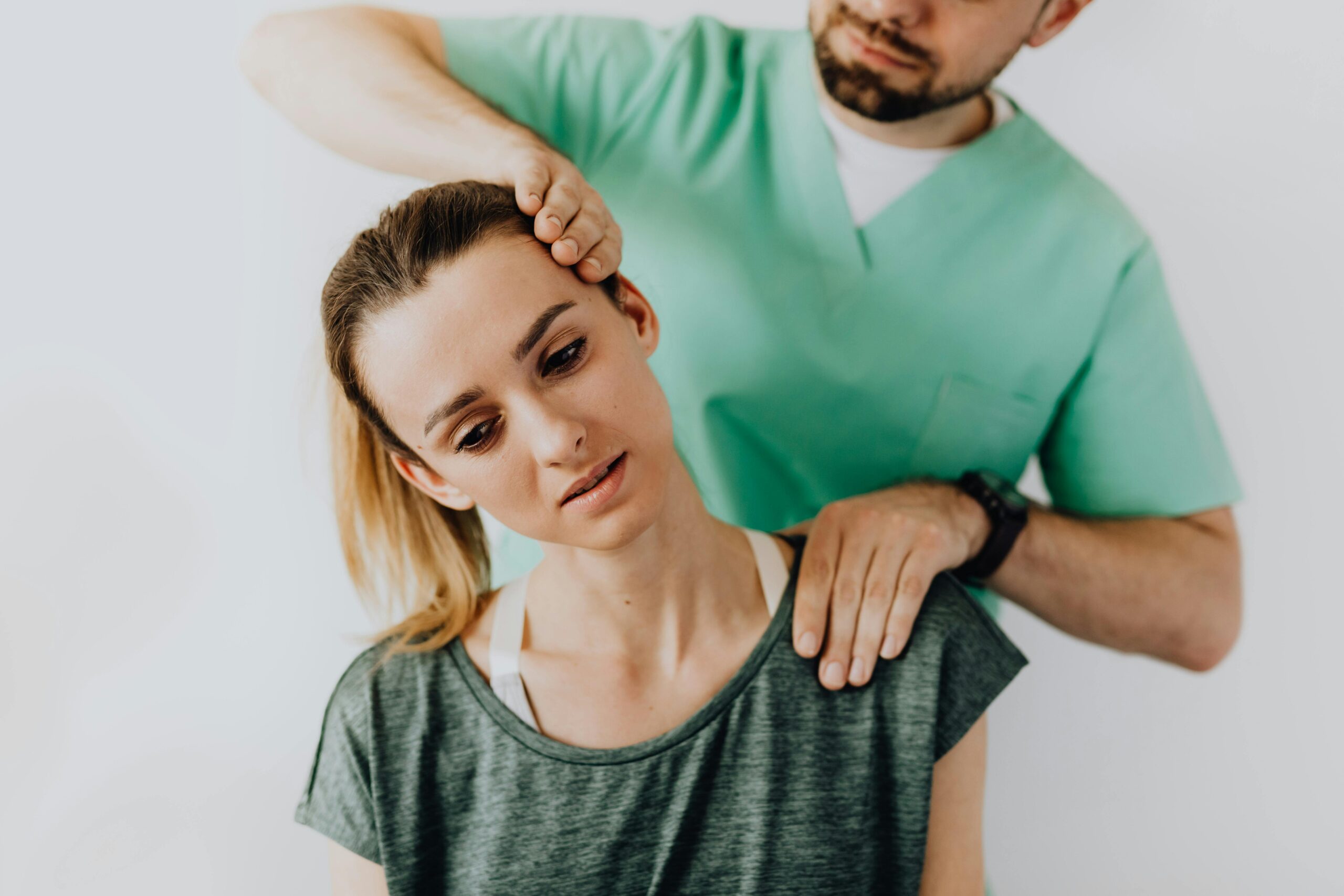Originating from the ancient Indian practice of Ayurveda, Abhyanga is a traditional full-body oil massage renowned for its therapeutic benefits. It involves a methodical application of warm oil infused with herbs on the body to promote relaxation, rejuvenation, and overall well-being.
Understanding the Principles of Abhyanga
Abhyanga is deeply rooted in Ayurvedic principles, aiming to balance the body’s doshas – Vata, Pitta, and Kapha. The selection of specific oils and massage techniques aligns with an individual’s constitution, targeting imbalances and promoting harmony within the body.
The Procedure of Abhyanga Oil Massage
Performing Abhyanga involves a systematic approach. Starting from the head and moving downwards, gentle strokes and circular movements distribute warm oil on the body. Focusing on specific marma points aids in energy flow and enhances the massage’s therapeutic effects.
Benefits and Effects of Abhyanga Oil Massage
Nourishing the Skin
Abhyanga, involving the systematic application of warm oil to the body, deeply moisturizes the skin. The oil penetrates the skin’s layers, nourishing and rejuvenating it. Regular practice results in softer, suppler skin, enhancing its texture and promoting a healthy glow. The massage also supports the skin’s natural barrier function, aiding in protection against environmental stressors.
Relieving Muscle Tension
The gentle yet firm strokes used during Abhyanga target muscle tension and knots, releasing accumulated stress and tension. By applying pressure to specific points and employing circular movements, the massage helps relax tense muscles, easing stiffness and discomfort. It aids in improving flexibility and mobility while reducing muscular soreness and fatigue.
Promoting Detoxification
The rhythmic massage strokes of Abhyanga, combined with the application of warm oil, stimulate lymphatic circulation. This supports the body’s natural detoxification processes by aiding in the removal of metabolic waste products and toxins. Enhanced lymphatic flow contributes to a healthier immune system and overall well-being.
Improving Circulation
Abhyanga’s massage techniques promote blood circulation throughout the body. The gentle pressure applied to the skin encourages blood flow, facilitating the delivery of oxygen and nutrients to cells and tissues. Improved circulation supports cellular regeneration, enhances organ function, and contributes to overall vitality.
Calming the Nervous System
The repetitive and soothing nature of Abhyanga has a profound calming effect on the nervous system. The massage stimulates the parasympathetic nervous system, triggering the body’s relaxation response. This helps reduce stress hormones like cortisol while increasing the release of neurotransmitters associated with relaxation and well-being, fostering a profound sense of calmness and tranquility.
Aid in Stress Reduction and Mental Clarity
Regular Abhyanga sessions play a pivotal role in stress reduction. The massage’s relaxation-inducing properties, coupled with its ability to calm the mind, contribute to decreased stress levels. As stress diminishes, mental clarity and focus improve. Individuals often experience increased mental alertness, improved concentration, and a more balanced emotional state.
Choosing the Right Oil for Abhyanga
Selecting the appropriate oil for Abhyanga is crucial. Different oils possess unique properties and cater to various body types and conditions. Warm sesame oil, coconut oil, or specialized herbal oils are commonly used, selected based on an individual’s dosha and environmental factors.
Precautions and Considerations
While Abhyanga is generally safe, certain conditions such as skin allergies, fever, or pregnancy may require modifications or avoidance of this practice. It’s essential to consult an Ayurvedic practitioner or healthcare professional before starting Abhyanga, especially for individuals with specific health concerns.
Incorporating Abhyanga into Daily Routine
Integrating Abhyanga into a daily routine promotes overall wellness. Performing self-massage in the morning or before bathing, allowing the oil to penetrate the skin for at least 15-20 minutes, can become a nurturing and rejuvenating ritual for the body and mind.
Conclusion
Abhyanga oil massage, deeply rooted in Ayurveda, offers a holistic approach to health and well-being. Its therapeutic effects extend beyond physical relaxation, aiding in balancing doshas, nurturing the skin, and promoting overall vitality.
FAQs about Abhyanga Oil Massage
- Is Abhyanga suitable for everyone?Abhyanga can be beneficial for many, but it’s advisable to consult with an Ayurvedic practitioner to ensure its suitability for your individual health needs.
- Can I perform Abhyanga with any oil available at home?Certain oils are more suitable for Abhyanga based on their properties. Using oils recommended for your dosha or season is preferable.
- How long should I leave the oil on my body during Abhyanga?Allowing the oil to remain on the body for at least 15-20 minutes before bathing allows absorption and enhances its therapeutic effects.
- Can I perform Abhyanga if I have sensitive skin?Individuals with sensitive skin can opt for milder oils or perform a patch test before applying the oil on the entire body.
- Is Abhyanga beneficial for mental relaxation?Absolutely, Abhyanga aids in calming the nervous system and promoting mental relaxation, contributing to overall well-being.

Leave a Reply